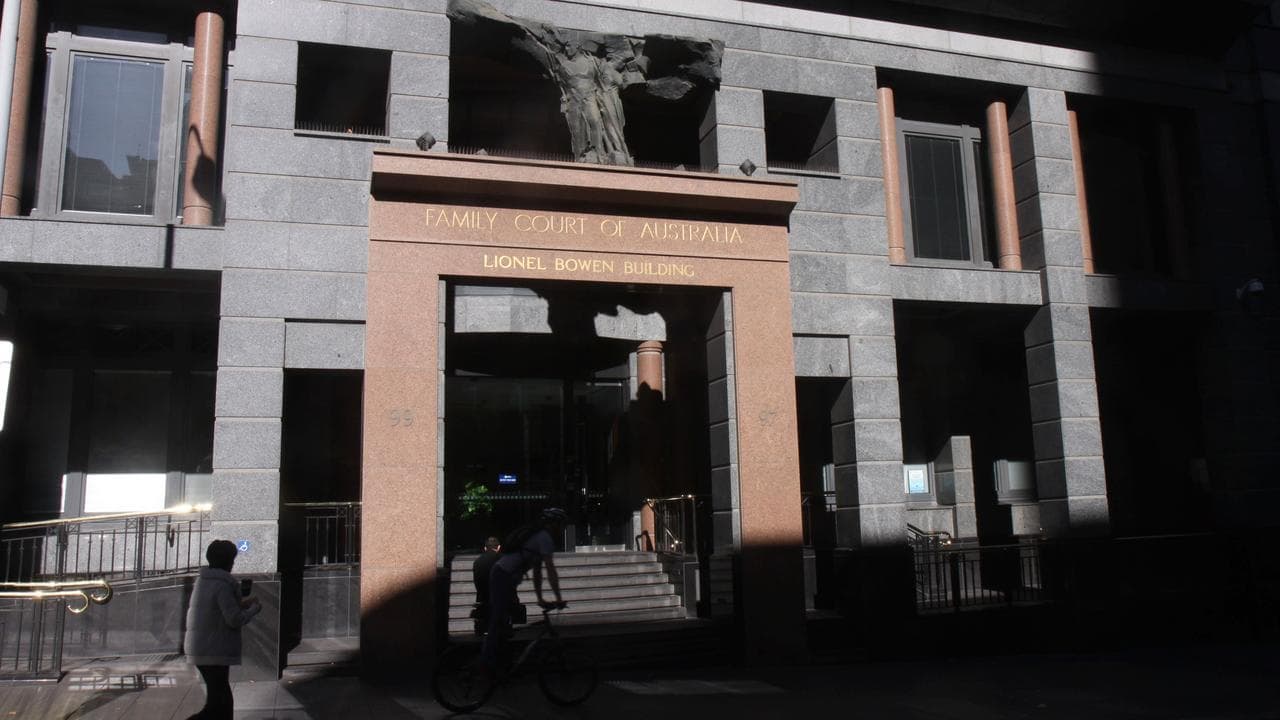WHAT WAS CLAIMED
Germany tried switching to wind and solar power and ended up producing more carbon dioxide.
OUR VERDICT
False. Germany’s energy sector emissions have trended downwards since its first reduction target in 1990.
A spurious claim about renewable energy that controversial psychologist Jordan Peterson made almost four years ago is being recirculated by climate sceptics.
The Canadian told a Cambridge Union event in 2018 that Germany tried switching to wind and solar power and ended up producing more carbon dioxide because it had to return to coal-fired energy.
The YouTube video has more than seven million views and is being shared widely on Facebook with examples here, here, here, here, here, here, here, here, here, and here.
However, experts say the claim isn't true and official data shows Germany's share of renewable energy sources has trended upwards, while its emissions have trended downwards since it set its first emissions reduction target in 1990.
In the video, Dr Peterson states that even if the "more radical claims" about climate change are true, "we have no idea what to do about it".
"What's the solution? What are we going to do? Switch to wind and solar? Well, good luck with that. Try it. See what happens. We can't store the power. Germany tried it, they produced more carbon dioxide than they did when they started because they had to turn on their coal-fired plants again. That wasn't a very good plan," he says (video mark 2 min 45 sec).
Although it is unclear what Dr Peterson meant when he said "when they started", data from Germany's environment protection agency, Umwelt Bundesamt (UBA), demonstrates his claim is false from a range of potential starting points.
In 1990, a report from Germany's first climate Enquete Commission prompted the federal cabinet to adopt a greenhouse gas emissions reduction target for the first time. To promote renewable energy sources, particularly wind and solar, the German government introduced the Electricity Feed-in Act (Stromeinspeisungsgesetz) in January 1991.
Between 1990 and 2018, when Dr Peterson made the claim, greenhouse gas emissions from Germany's energy sector dropped from 466.093 million tonnes to 309.508 million tonnes. Carbon dioxide emissions reduced from 428.83 million tonnes to 298.265 million tonnes (see graph below).
Alternative starting points Dr Peterson may have used for his claim could have been the Renewable Energy Sources Act in 2000, the adoption of the "Energy Concept" in 2010 or Climate Action Plan 2050 in 2016. From any of the above points and 2018, emissions from the energy sector trended downwards.
Between 2009 and 2013, emissions from the energy sector did rise slightly, despite an increasing share of renewable energy sources. This phenomenon became known as the "Energiewende paradox".
A 2014 report from Agora Energiewende, a German climate and energy think tank, said the reason for this increase was because rising gas prices caused a fuel switch to cheaper, more carbon-intensive coal-fired power. This did not cause a decrease in renewable energy sources, and emissions began to decline again by 2013.
Professor Bruno Burger, senior scientist at the Fraunhofer Institute for Solar Energy Systems ISE, told AAP FactCheck in an email that emissions from the German energy sector have trended downwards, while the use of renewable energy has trended upwards, pointing to page eight of this UBA report and this chart from the Fraunhofer Institute.
Prof Burger noted the sharp decrease in emissions from 2019 to 2020 was due to lower energy consumption and production at the beginning of the COVID-19 pandemic. Accordingly, the subsequent increase in emissions from 2020 to 2021 reflects the country's return to usual energy consumption and production, even though the overall trend continues to decline.
Professor Niklas Höhne, an expert on climate policy and co-founder of NewClimate Institute, told AAP FactCheck the video's claim is false.
"The plain statement 'they produced more carbon dioxide than they did when they started because they had to turn on their coal-fired plants again' is not true," Prof Hohne said in an email.
"The larger scheme of things is that Germany has expanded renewable electricity enormously and is now at a share of around 50 per cent on average over the whole year. In this course, several coal-fired power plants have been shut down and some are still running."
Prof Hohne noted energy supply from wind and solar can fluctuate, so there may be some years where wind and solar energy has decreased "but the overall trend is up".
"With the current gas crisis, there is a discussion to reduce gas-fired power plants and increase coal-fired power plants, which does increase emissions but is by no means stopping the trend towards more renewables."
Miriam Borgmann, scientific officer at the Energy Systems of the Future initiative of the German National Academy of Science and Engineering, told AAP FactCheck via email that while certain factors have meant emissions reductions are sometimes slower than ideal, "it can be shown that the use of renewable energies such as wind and solar power lowered the overall emissions in Germany over time".
AAP FactCheck recently debunked a similar claim about Germany's emissions reductions and renewables expenditure.
The Verdict
The claim that Germany tried switching to wind and solar power and ended up producing more emissions is false. Since the German government set its first emissions reduction targets in 1990, emissions from the energy sector have trended downwards, figures show. At the same time, the country's share of renewable energy sources such as wind and solar have trended upwards.
False – The claim is inaccurate.
AAP FactCheck is an accredited member of the International Fact-Checking Network. To keep up with our latest fact checks, follow us on Facebook, Twitter and Instagram.












